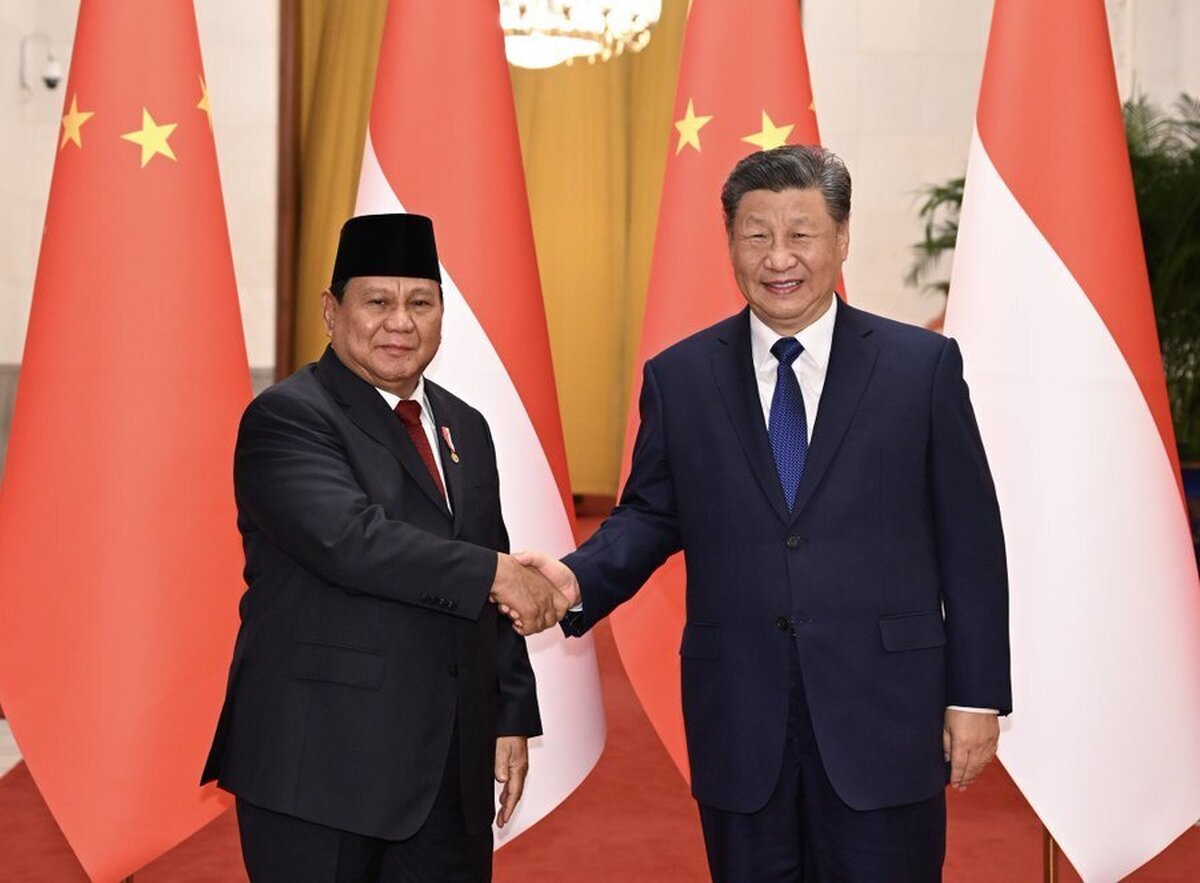
Viewpoint: Taiwan scrap headwinds persist in 2020
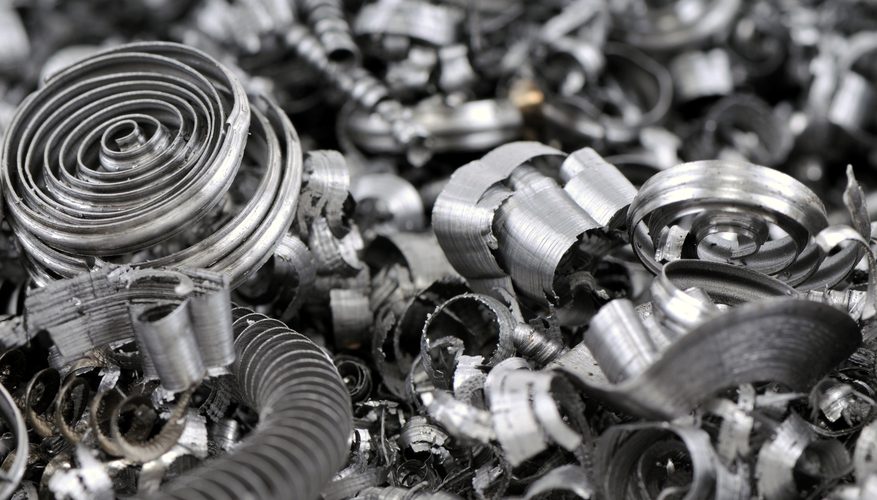
The Argus containerised HMS 1/2 80:20 cfr Taiwan assessment averaged $256.22/t in 2019, down by 22.1pc from the 2018 average of $328.84/t. This assessment was changed to publish daily from weekly on 2 September 2019 because of increased trading activity in the market.
This rate of decrease in the Taiwan containerised scrap import price significantly exceeded the rate of decline in the global seaborne reference — the Turkish deep-sea import price. The Argus daily HMS 1/2 80:20 cfr Turkey assessment fell by 15.8pc on the year to average $286.10/t in 2019.
The spread between the two markets widened in the second half of 2019 as Taiwanese buyers accepted a far smaller price recovery in imported scrap compared with their Turkish counterparts. This is because Taiwanese mills faced stronger pressure from imported steel and a sharp fall in exported volumes.
Taiwan's imports of long steel products were down by 1.85pc on the year in January-October, which was below the 2.5pc fall in its crude steel production, suggesting a gain in market share by imported longs. This was further compounded by a sharp decline in Taiwanese long steel exports, by 19.5pc on the year to below 500,000t.
Domestic sales were in no better condition — Taiwanese mills throughout last year frequently complained about a lack of available storage space for finished steel and scrap as they struggled to sell.
A number of market participants suggested that the impending Taiwanese presidential election on 11 January stalled many infrastructure and construction projects. And many of them expect the market to improve after the election as Taiwan's GDP growth is forecast to exceed many of its neighbours in Asia.
Taiwan's directorate general of budget, accounting and statistics in November 2019 raised its forecast for the country's GDP growth for 2020 to 2.72pc from 2.58pc. Forecasts by external analysts such as Standard Chartered Bank were more cautious at 2.2pc, but even that still exceeds Taiwan's neighbours such as Singapore and Hong Kong, where forecasts are for a growth rate of 1.4pc and a contraction of 1.5pc, respectively.
But sectors expected to register strong growth are those that are less steel intensive, such as artificial intelligence, electronics and semi-conductors. Taiwan's steel and machinery industries are still expected to be under pressure from rising protectionism around the world and uncertainty surrounding the US-China trade war, despite a "first phase" trade agreement that is expected to be signed on 15 January.
Revenues from the basic metals, metal products and machine manufacturing industries fell by 5.5pc, 11.2pc and 14.2pc on the year in July-September 2019, Taiwan's department of statistics said.
There is also no guarantee that many large infrastructure projects will kick off immediately after the election as Taiwan's infrastructure system is well developed and the government's prior plans were for few large projects to commence in 2020, although the two leading presidential candidates, Tsai Ing-wen and Han Kuo-yu, both suggested that they will increase investment in infrastructure once elected. But the impact of any new investment is likely to be seen in the latter part of 2020 at the earliest.
Tsai promoted the Forward-looking Infrastructure Development Programme in 2017 and budgeted 222.9bn New Taiwan dollars ($7.42bn) for the second phase running from 2019 to 2020. The programme will provide funding for eight categories including railway projects, green energy infrastructure and digital infrastructure. While Tsai will aim to advance this programme if she is re-elected, Han listed six tasks in his infrastructure manifesto, which includes scrapping the Kaohsiung International Airport expansion project and relocating it elsewhere.
The return of businesses from China because of the US-China trade war may drive private construction up as it will require new offices and factories. But this increase in steel consumption is not sufficient to absorb the additional volumes available because of the lack of exports and increasingly competitive seaborne offers of finished and semi-finished steel products.
Against this backdrop, the Taiwanese steel market will be challenging this year, which will in turn put pressure on containerised ferrous scrap import prices.
By Chi Hin Ling

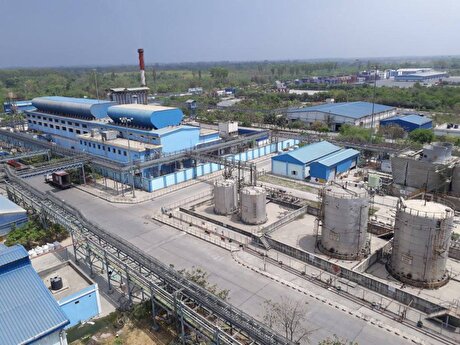
Hindustan Zinc to invest $438 million to build reprocessing plant

Gold price edges up as market awaits Fed minutes, Powell speech
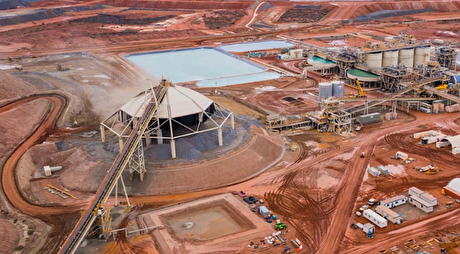
Gold Fields nears $2.4B Gold Road takeover ahead of vote

Glencore trader who led ill-fated battery recycling push to exit

UBS lifts 2026 gold forecasts on US macro risks

Roshel, Swebor partner to produce ballistic-grade steel in Canada

EverMetal launches US-based critical metals recycling platform

Iron ore price dips on China blast furnace cuts, US trade restrictions
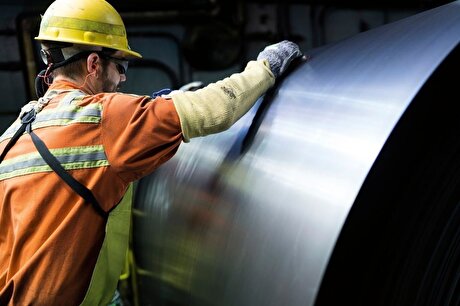
Cleveland-Cliffs inks multiyear steel pacts with US automakers in tariff aftershock
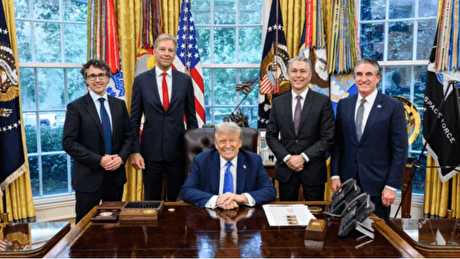
Trump raises stakes over Resolution Copper project with BHP, Rio Tinto CEOs at White House
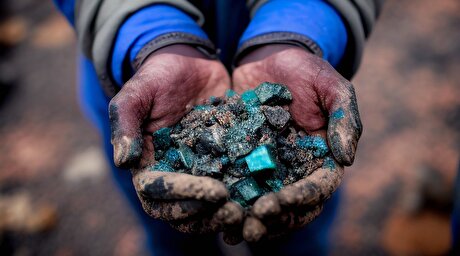
US seeks to stockpile cobalt for first time in decades

Trump weighs using $2 billion in CHIPS Act funding for critical minerals

Nevada army depot to serve as base for first US strategic minerals stockpile

Emirates Global Aluminium unit to exit Guinea after mine seized

Tailings could meet much of US critical mineral demand – study

Codelco cuts 2025 copper forecast after El Teniente mine collapse
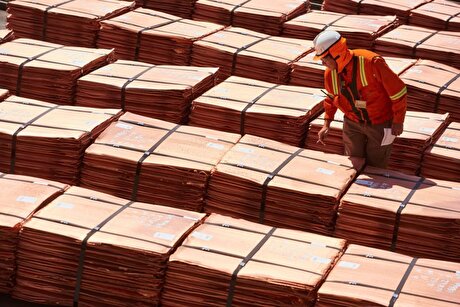
Glencore targets 1Mt of copper in Argentina over coming decade

Viridis unveils 200Mt initial reserve for Brazil rare earth project

SQM boosts lithium supply plans as prices flick higher

US seeks to stockpile cobalt for first time in decades

Trump weighs using $2 billion in CHIPS Act funding for critical minerals

Nevada army depot to serve as base for first US strategic minerals stockpile

Tailings could meet much of US critical mineral demand – study

Codelco cuts 2025 copper forecast after El Teniente mine collapse

Glencore targets 1Mt of copper in Argentina over coming decade

Viridis unveils 200Mt initial reserve for Brazil rare earth project

SQM boosts lithium supply plans as prices flick higher

Abcourt readies Sleeping Giant mill to pour first gold since 2014

